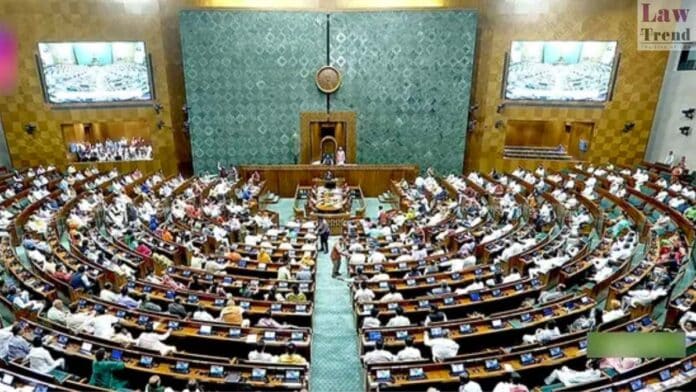In a move that has stirred considerable debate, the Union government is set to present an amendment to the Waqf Act, 1995, in Parliament this week, which aims to redefine the governance and management of Waqf properties across India. The proposed bill, officially dubbed the ‘Unified Waqf Management, Empowerment, Efficiency and Development Act, 1995’, seeks to significantly alter the current administrative powers of Waqf Boards.
Central to the proposed amendments is the transfer of decision-making authority regarding the status of properties — whether they are Waqf or government land — from the Waqf Tribunal to district collectors. This marks a substantial shift in the control of nearly 8.7 lakh properties currently overseen by Waqf Boards, making them the third-largest landholder in the nation after the armed forces and the Indian Railways.
Additionally, the amendment proposes a more inclusive composition for the Waqf Boards, recommending the inclusion of two Muslim women and two non-Muslim members. This initiative aims to foster a more diverse and representative governance structure within the Waqf Boards.
Critics of the bill, including the All India Muslim Personal Law Board (AIMPLB) and various opposition parties, have expressed strong disapproval, arguing that the changes could pave the way for easier usurpation of Waqf properties by the government or other entities. The AIMPLB has vocally opposed any amendments that might alter the nature of Waqf properties or simplify their transfer away from the community.
In response to these concerns, the bill elaborates that any government property previously identified or declared as Waqf will not be recognized as such until a district collector investigates and confirms its status. This new procedure is designed to prevent the wrongful declaration of government lands as Waqf properties, addressing long-standing issues of mismanagement and corruption within the system.
Further stipulations in the bill include stringent requirements for the creation of new Waqf. Property owners must now be lawful and competent to transfer or dedicate property for Waqf, and all Waqf must be duly registered through executed deeds. This includes the ‘waqf-alal-aulad’, ensuring it does not infringe upon the inheritance rights of heirs, including women.
Also Read
Union Minister Kiren Rijiju cited the need for better administration of Auqaf as the driving force behind the amendment, acknowledging that the previous legislative measures had not achieved the desired effectiveness in managing these religious endowments.




